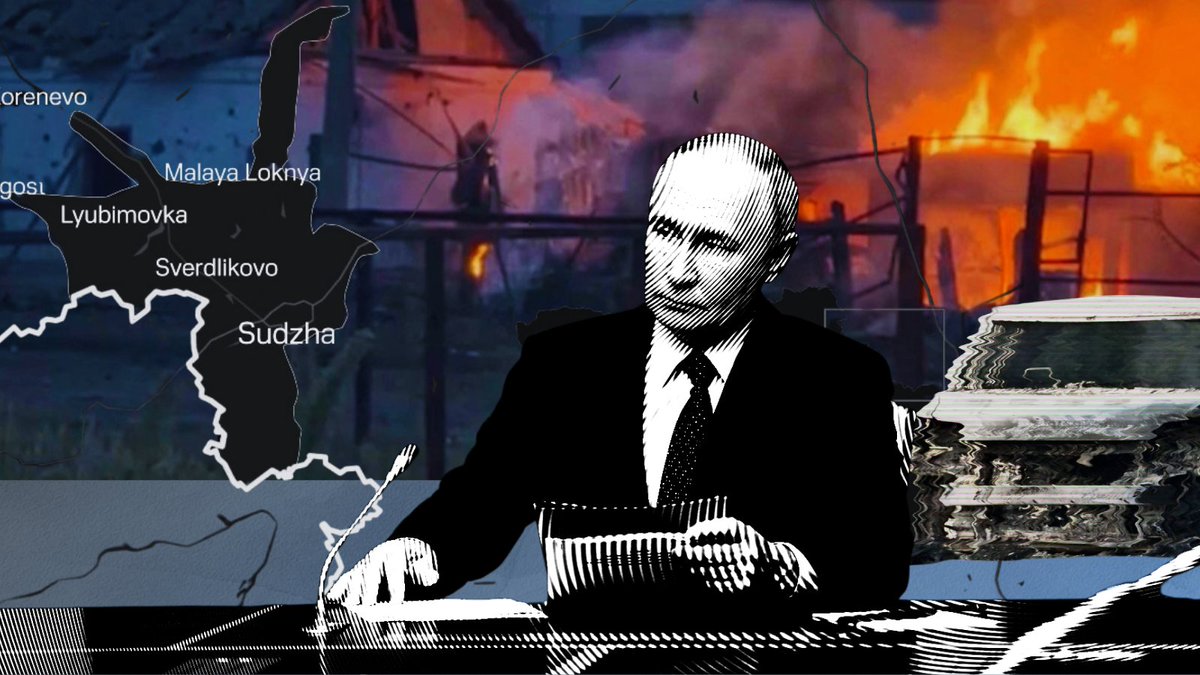EXCLUSIVE: Arson attacks, railway sabotage, and fake protests — a new investigation exposes the Russian military intelligence’s latest tactics to destabilize Europe and slow arms supplies to Ukraine.
🧵@dossier_center reveals the GRU officers behind it — read on:
🧵@dossier_center reveals the GRU officers behind it — read on:

After high-profile blunders like the Skripal poisoning, the GRU has changed tack. It now relies on local agents and criminals to carry out sabotage in Europe, directed from Russia.
The new GRU team includes Col. Denis Smolyaninov, who previously sent mercenaries to Donbas and tried to drive a wedge between NATO allies. He’s now overseeing a team of officers with backgrounds in military, naval, and special operations.

Among Smolyaninov's subordinates is Vladimir Lipchenko, who operates under the alias "Vlodek Lyakh" and has been linked to an attempted arson attack in Latvia.
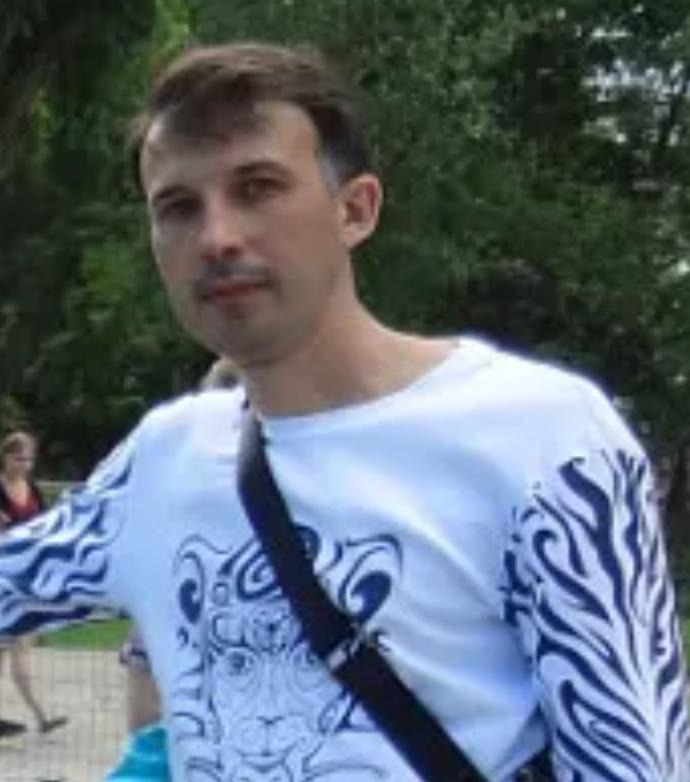
Another key player is Eduard Shishmakov, a former military attaché expelled from Poland, who now remotely manages political interference operations. He previously was charged with attempting to orchestrate a coup in Montenegro in 2016.
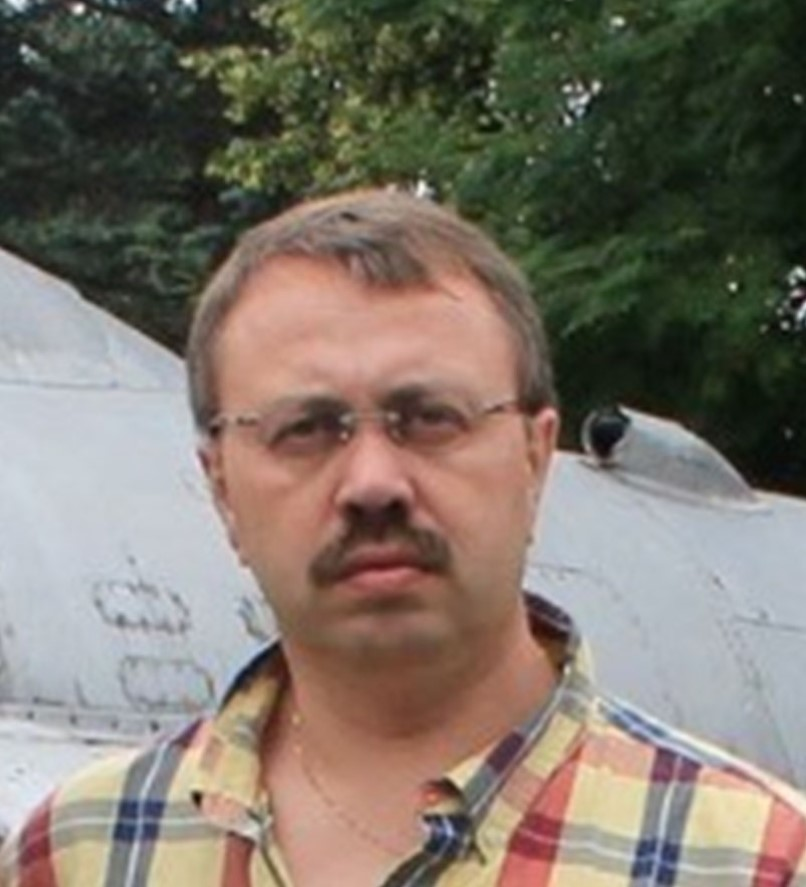
Major Yuri Sizov, the youngest known member of the group, was accused by Ukrainian authorities of plotting terrorist attacks in Kyiv on Victory Day.
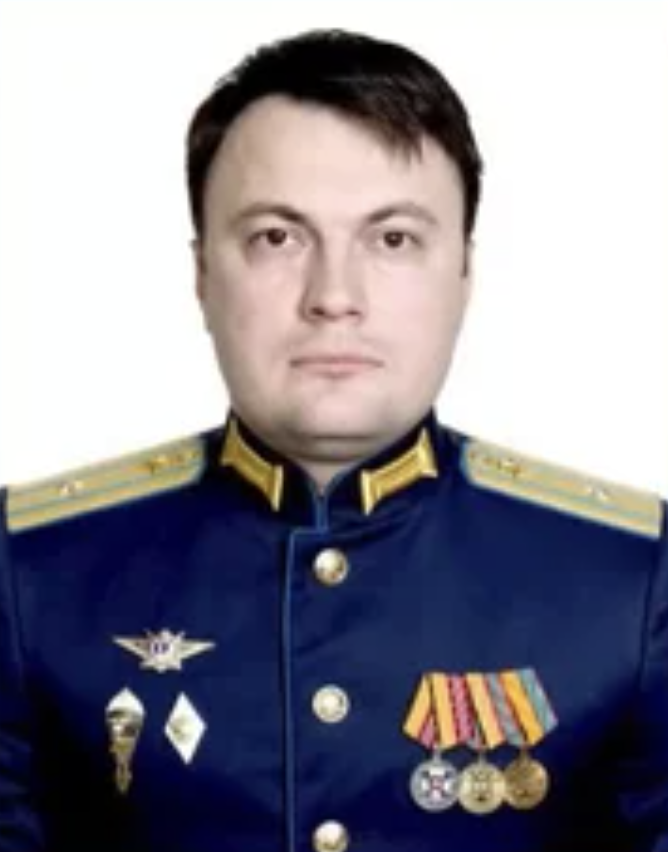
Alexander Sapetko, once tasked with information warfare in the Baltics, is also part of the group. Like many intelligence officers, he was born in Magdeburg, when Soviet troops were stationed in East Germany.
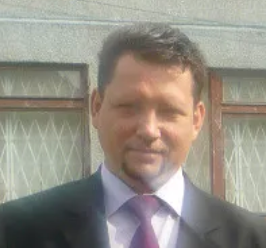
The GRU increasingly works through criminal networks to recruit sabotage agents in Europe, paying them in cryptocurrency and communicating via Telegram.
The same team also has sought to exploit divisions in European societies, planning left-wing and right-wing protests against NATO and in support of Russia.
In one case, the GRU hired Moldovan citizens to daub Jewish stars across Paris, with the goal to inflame antisemitic sentiment in the weeks after the October 7 Hamas attacks in Israel. They carefully photo-documented their doing to report back to Moscow.
Later, about 250 graffiti with a similar design were noticed in the suburbs of Paris. Presumably, they were meant to refer to the years of Nazi rule, when they marked Jewish homes with the Star of David. Drawing six-pointed stars was the sole purpose of the Moldovans' trip.
In another incident, anti-Erdogan graffiti was found daubed all over the French capital, another GRU operation aimed to spark tension between France and Turkey during NATO expansion talks. 
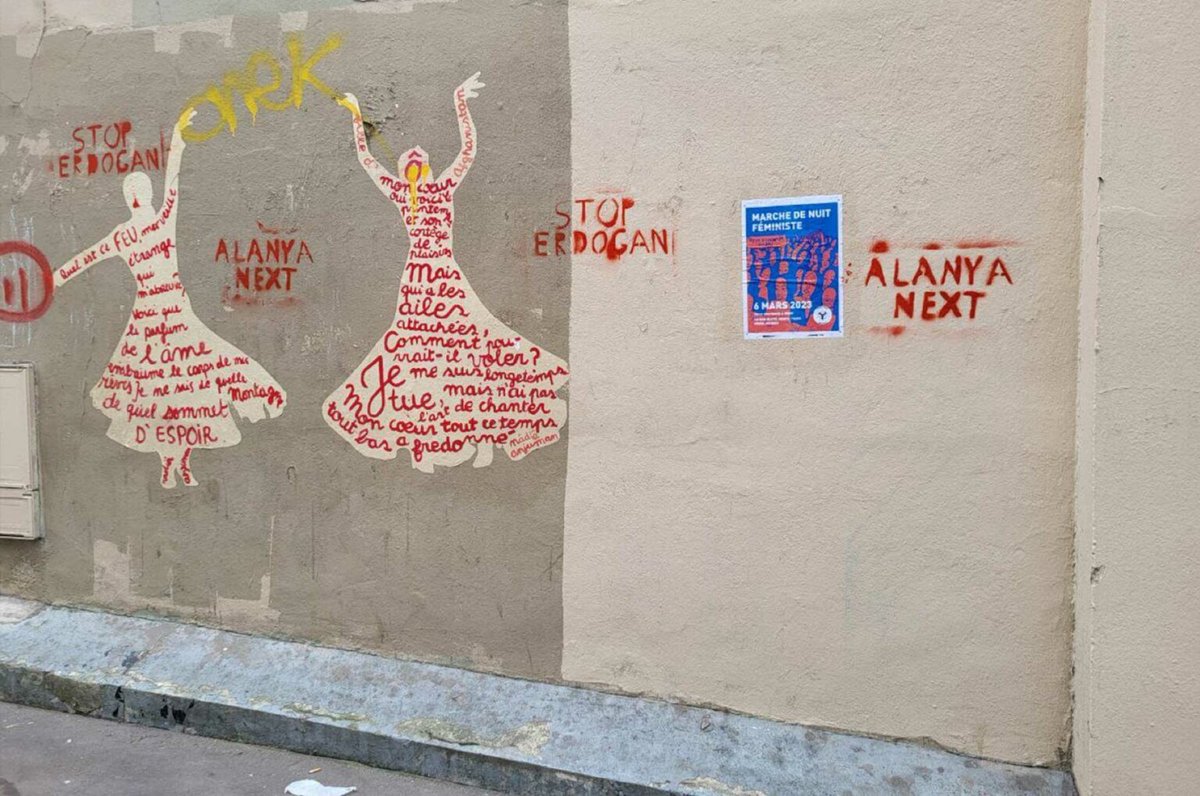
Suspected GRU operations include arson at military firms in Latvia and Germany, a fire at a Navalny art installation in Lithuania, and railway sabotage attempts in Poland and in Czech Republic.
The new GRU tactics make it harder to trace sabotage directly to Russia. Agents are recruited online and paid remotely, with officers directing operations from Moscow.
By relying on local agents and criminals, the GRU hopes to maintain a lower profile while still sowing discord and undermining European unity, but joint investigations by European intelligence services are piecing together the GRU's new modus operandi and the officers behind the sabotage campaign.
The shift in tactics reflects the GRU's efforts to adapt after its undercover officers were repeatedly exposed, but its aim to destabilize Europe and undermine support for Ukraine remains unchanged.
As Russia's military struggles in Ukraine, the GRU is likely to intensify its sabotage operations in Europe in a bid to force a halt to Western arms supplies to Kyiv.
Story in full (in Russian): dossier.center/diversion/
Story in full (in Russian): dossier.center/diversion/
Make sure to follow and stay updated on the stories that matter most for Russia's and European future.
After 10 years in Putin's prison, I know what is truly important.
After 10 years in Putin's prison, I know what is truly important.
• • •
Missing some Tweet in this thread? You can try to
force a refresh


